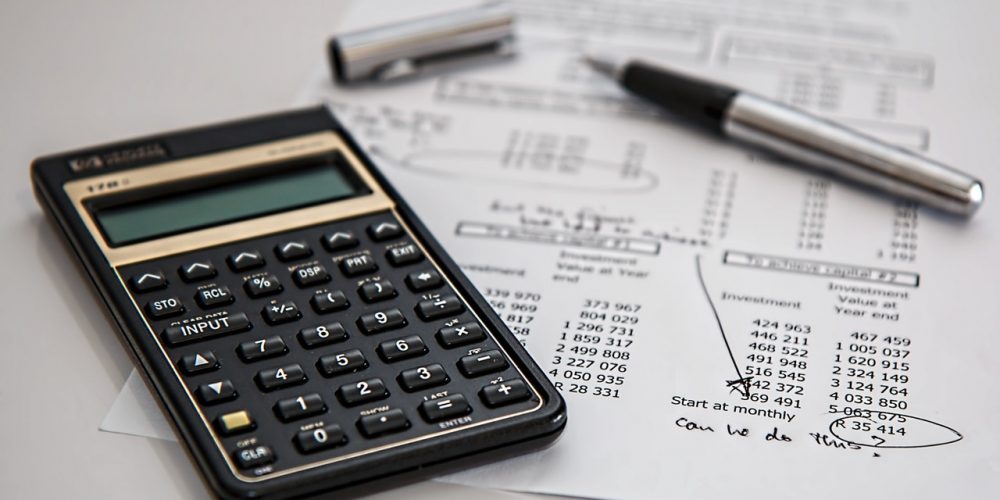
How to Build a Better Budget
With the commencement of 2021, now is the perfect time to start considering what this year is going to look like for you. A New Year brings a plethora of New Year’s resolutions, and for some, these involve getting on top of their finances, saving for a holiday or home loan, or even simply learning the basics of budgeting. Regardless of if you are working at a crane construction firm, are a CEO of an industrial air compressor firm, or are working at a café whilst you study; everyone can improve their finances. To help you build a better budget this year, take a look at some of our tips for budgeting properly.
Determine your income
This may be obvious, but unbelievably many individuals cannot even tell you their weekly income. You could be a manager leading teams in the workplace, but still have no management skills when it comes to your personal finances. Work out exactly what you are earning per week or month. This may be more difficult if you work as a casual, so in this case, you would have to estimate. Be sure to factor in tax when determining your income.
Work out your fixed expenses
It doesn’t matter if you are a high-income earner working as a crane operator, working in sales for oil-free air compressors or working as a casual babysitter whilst at university; we all have to keep track of our expenses. Fixed expenses are costs that occur every week, month, or year. This can include rent, internet bills, subscriptions and charity payments. These are easy to factor into your budget are they are set costs that do not change. Variable costs can be a little more difficult to account for, so it is important to leave some room in the budget for these expenses.
Realise that each month can be different

As mentioned previously, it is essential to understand that there are variable costs that you will encounter. These include expenses such as utilities, including electricity bills, water bills and gas bills. Although these expenses can change slightly, predictions can still be made around how much they are expected to be. It is always better to overestimate than underestimate when it comes to paying bills that are variable in nature.
Have an emergency fund
If the events of COVID-19 have taught us anything, it is that we all need to have emergency savings for unforeseen circumstances. Experts say that you should first have one month’s worth of savings at first. From this, it can be built up to three months, and then six months. By having emergency money, you will have a backup plan in case you lose your job, or if an unexpected cost comes up.
Pay off your debt
If you have any debts, be sure to pay them off as soon as possible. There are both ‘good’ debts, and ‘bad’ debts. Good debts refer to any debt that will add value to your long terms, such as university government loans, or home loans. Bad debt refers to debt from credit card loans, gambling, or overspending on items such as clothing or cars.
Be careful of credit card loans and Afterpay
Do not go down the path of getting yourself into debilitating debt from abusing services such as Afterpay. If you have a history of financial issues and trouble saving, it is best not to get yourself into a situation where you have to pay off sums of money. A debit card is a much better option than a credit card if you know that you have little self-control.
Download an app to help you budget
There are so many apps out there that can help you to monitor your incoming and outgoing funds. Mint, Pocketbook, and even bank apps can keep you on track when it comes to your savings. These apps can break down your spending by category, so you can see what areas you need to cut down on. It will also pick up on subscriptions that you may have forgotten about, that you no longer use.
Set goals
Much like you would set professional goals to gain promotion after completing a leadership development program, setting goals around your budget and savings is essential for good financial health. Setting a target to save at least 10 per cent of your overall income is a good place to start. If you can afford to put aside more than this amount, you will be in an even better position. Keen savers must also remember to treat themselves every once in a while. There is no problem with going out to dinner once a week or spending on a new outfit. Budgeting is merely about having a plan and staying within your means of spending. So, get budgeting and put your New Year’s finance resolutions into practice.